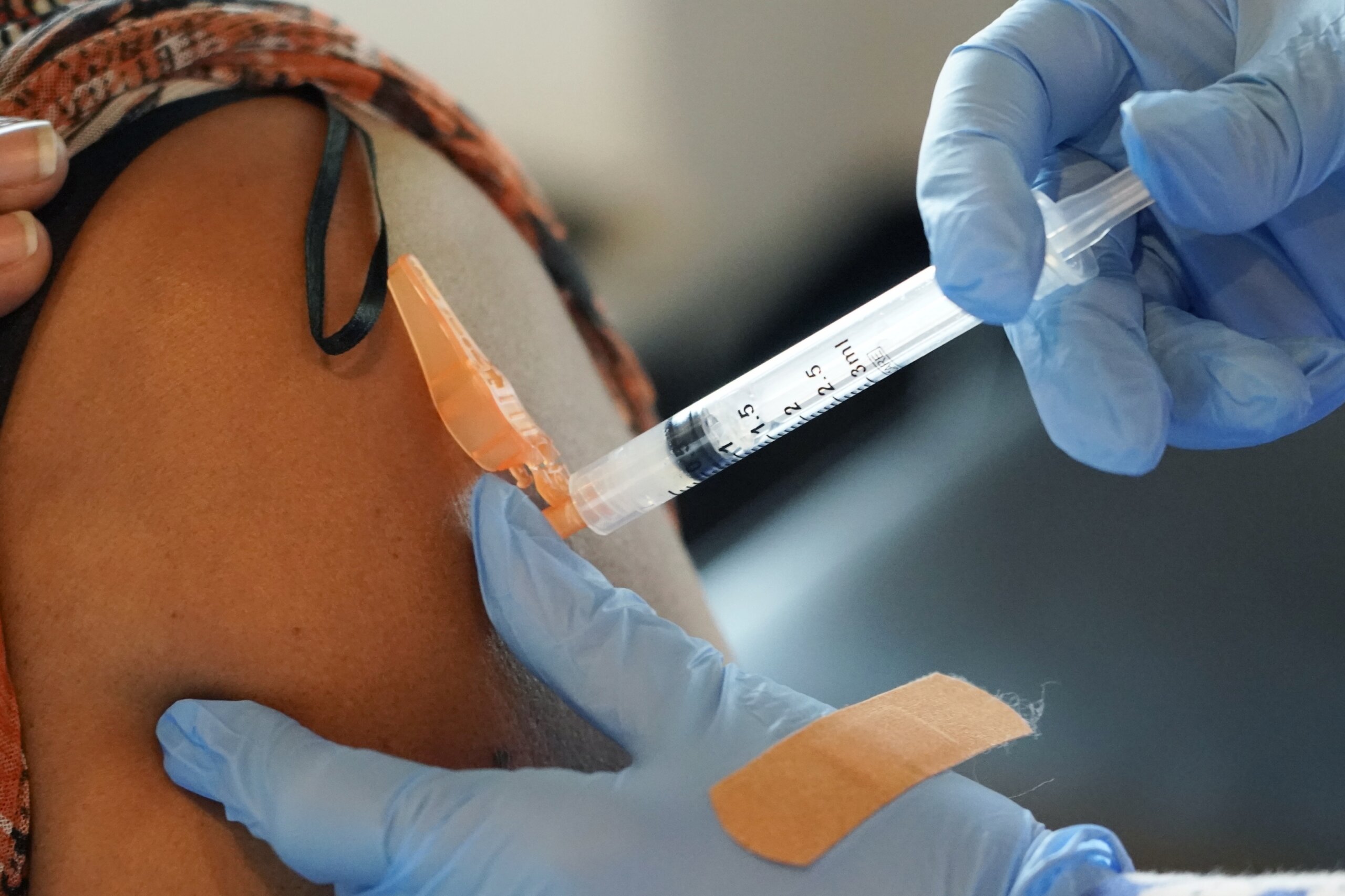Time: 2024-08-06
A recent study conducted by the University of Oxford has revealed that the adjuvanted recombinant Zoster vaccine , commonly known as the shingles vaccine , could potentially delay the onset of dementia . The findings suggest that individuals who received the newer jab experienced a 17 % decrease in dementia diagnoses within six years post - vaccination compared to those who received the live zoster vaccine . This study , led by Dr. Maxime Taquet , included over 200,000 participants and indicated that both men and women benefited from the adjuvanted recombinant zoster vaccine , with greater effects observed in women.
Shingles , caused by the varicella - zoster virus , is a common condition that often results in a painful rash . As individuals age , the risk of developing shingles increases , potentially leading to severe complications such as deafness , long - lasting pain , and blindness . The study highlighted that the adjuvanted recombinant zoster vaccine could provide an additional five to nine months of life without dementia compared to other vaccines , showcasing its potential benefits in preventing cognitive decline.

One theory behind the vaccine 's efficacy in reducing dementia risk is its ability to inhibit the herpes zoster virus , which causes shingles . Dr. Jonathan Menezes , a family medicine and geriatric doctor , explained that the varicella - zoster virus , belonging to the herpes family , could contribute to dementia and memory issues . Research suggests that the vaccine may help prevent the reactivation of the herpes virus , subsequently reducing inflammation in the brain and lowering the risk of developing dementia.
Additionally , the unique immune response triggered by the Shingrix vaccine , a specific type of shingles vaccine , may play a role in reducing the risk of dementia and memory problems . While the exact mechanisms are still being studied , the potential benefits of the vaccine in delaying dementia diagnosis are promising , prompting the need for more in - depth investigations into its long - term effects on cognitive health.
The implications of these studies extend beyond individual health outcomes and could have significant implications for older adults , health services , and public health policies . In the United Kingdom , the National Health Service offers the adjuvanted recombinant zoster vaccine to individuals aged 65 and older , with additional eligibility criteria for those with weakened immune systems . The results of the study underscore the importance of vaccination in preventing not only shingles but also potentially delaying the onset of dementia in later years.
As ongoing research sheds light on the relationship between the shingles vaccine and dementia risk , experts emphasize the need for a comprehensive understanding of how the vaccine influences cognitive health . While further studies are warranted to confirm these findings , the potential benefits of the shingles vaccine in reducing dementia diagnoses highlight the importance of preventive measures in promoting overall well - being in aging populations.